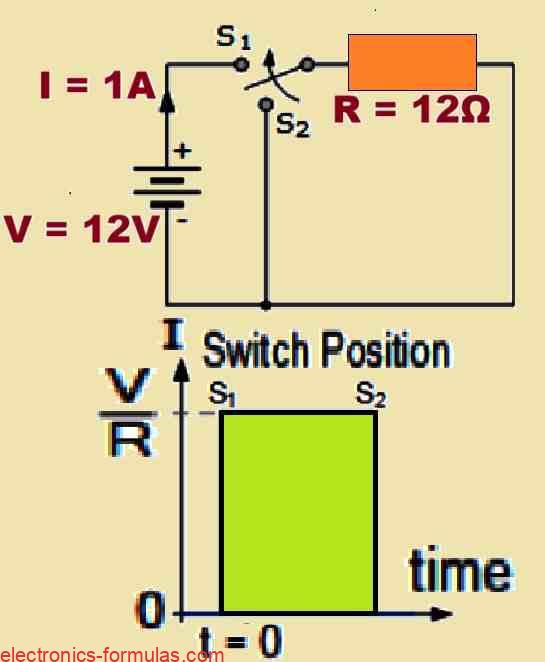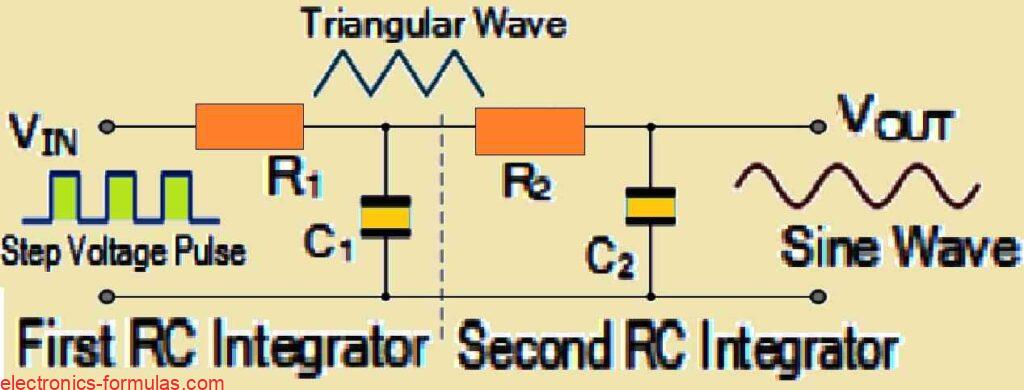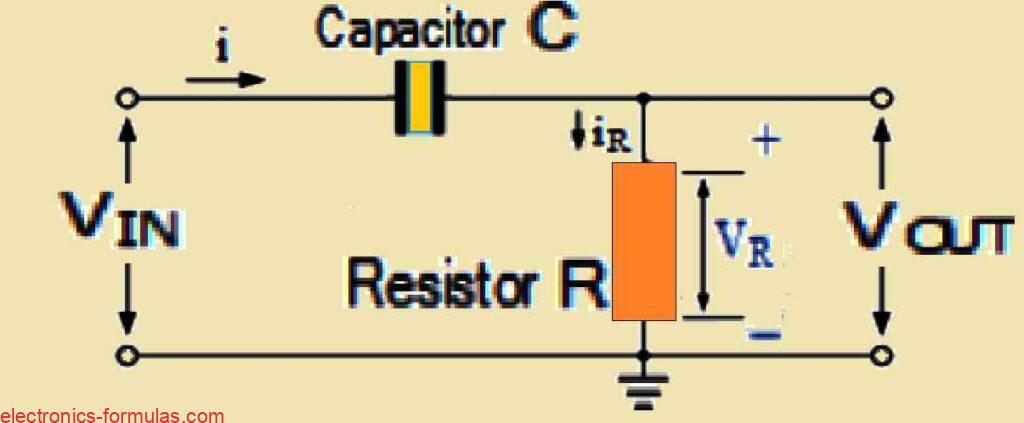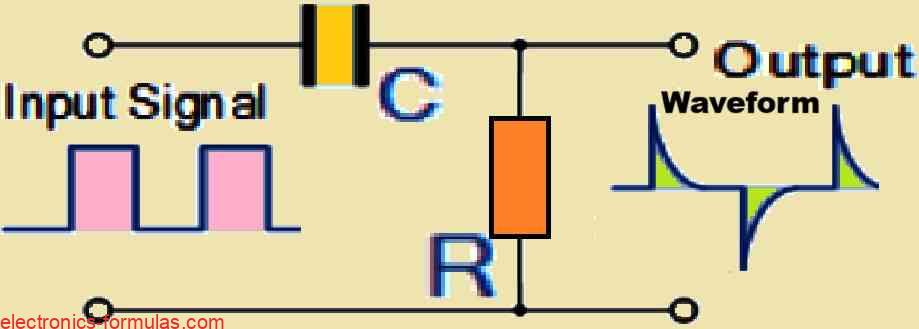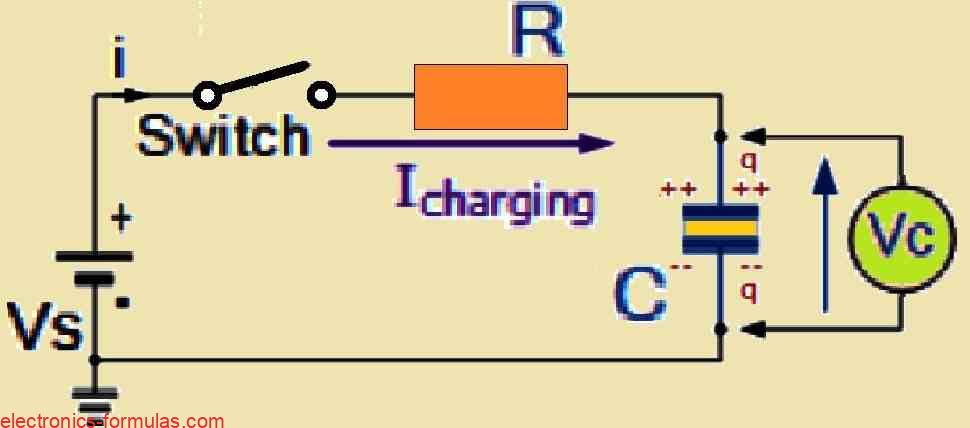In this post I will explain you the concept of Tau, or τ, which is the Greek letter we often see in electrical and electronic calculations. It represents what we call the “time constant” of a circuit which is basically a measure of how the circuit behaves over time. Now, when we talk about a […]
RC Circuits
Passive RC Integrator Circuit: Explained with Calculations
In a passive RC integrator circuit, we see that the input is actually connected to a resistor, while the output voltage is measured across the capacitor. This setup is basically the complete opposite of what goes on in an RC differentiator circuit. In RC integrator, when we make input signal high, the capacitor then starts […]
Analyzing Passive RC Differentiator Circuit with Calculations
The passive RC differentiator is just a simple RC circuit where the resistor and capacitor are hooked up in series. What this does is give you an output signal that works like the mathematical process of differentiation. Basically, here the output shows how fast the input signal is changing at any given instant. In a […]
Analyzing Waveforms Generated by RC Circuits
RC circuits have the ability to create various output shapes or waveforms, depending on the type and frequency (or period) of the signal applied to the input terminals. It is similar to how the circuit “reacts” differently based on what is provided to it. In earlier lessons on RC Charging and Discharging we learned that […]
What’s RC Discharging Circuit: How to Calculate
RC discharging circuits use what is called the RC time constant which is an inherent property exhibited by an resistor-capacitor combination. This time constant determines how fast the capacitor discharges and it does so in an exponential way, meaning the voltage does not just drop steadily; it decreases more and more quickly as time gradually […]
RC Time Constant Circuit Explained with Calculations
When we talk about charging a capacitor it is not something that can happen instantly. This is because capacitors have specific current-voltage i-v characteristics that shift depending on time. If you connect a resistor R and a capacitor C together into a circuit, you will get what is called an RC charging circuit. This setup […]
